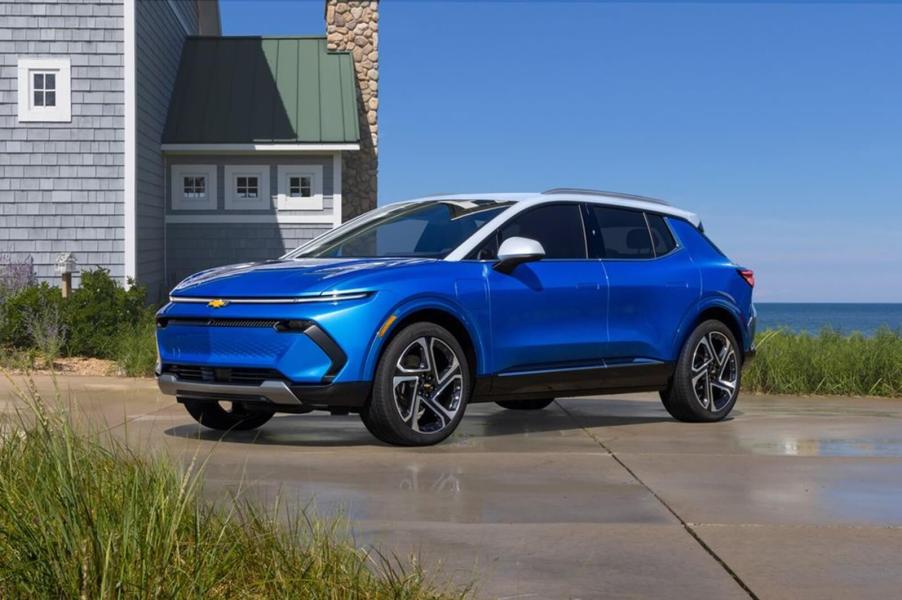
Federal Tax Credit Assembly Requirements Could Prompt Drivers To Buy American EVs
I don’t have to tell you that American EVs are not as affordable as some foreign market options. Hell, the cheapest EVs in China can cost under $10,000. Conversely, the cheapest EV in the United States, the Nissan LEAF, starts at around $29,280. However, the government offers a federal tax credit to ease the financial strain on would-be buyers. That said, the latest “final assembly requirements” could prompt buyers to choose American EVs– or at least EVs with a North American finale.
The federal government will incentivize you to buy American EVs with a federal tax credit that requires North American ‘final assembly’
The famed federal tax credit extends to clean vehicles like EVs, lessening the financial burden of purchase costs. Fortunately for would-be EV shoppers, the “Clean Vehicle Credit” can give a tax credit of up to $7,500 to car buyers. However, not every vehicle qualifies for the credit.
Instead, vehicles have to meet certain criteria to qualify for either $3,750 or $7,500 credits. Here are some of the factors that dictate whether a new clean vehicle qualifies.
- Taxpayer income
- Vehicle type
- The price of the new vehicle
- Assembly location requirements
As of the start of 2023, the Clean Vehicle Credit, a federal tax credit for ”new electric, fuel cell electric, and plug-in hybrid electric vehicles,” includes a final assembly requirement. Consequently, an EV won’t qualify unless it goes through final assembly in North America. However, it spells success for several American-made EVs, like the Tesla Model Y, Cadillac Lyriq, and Chevrolet Equinox EV.
However, the final assembly requirement doesn’t mean the only clean vehicles to earn a tax credit wear domestic badges. Several EVs that meet the full, $7,500 federal tax credit criteria are models from non-domestic marques. For instance, the Volkswagen ID.4, Acura ZDX, and Honda Prologue qualify for the full $7,500 incentive. Incidentally, the Tennessee-built Volkswagen ID.4 took the No. 3 spot on the recent American-Made Index.
Source: U.S. Department of Energy



